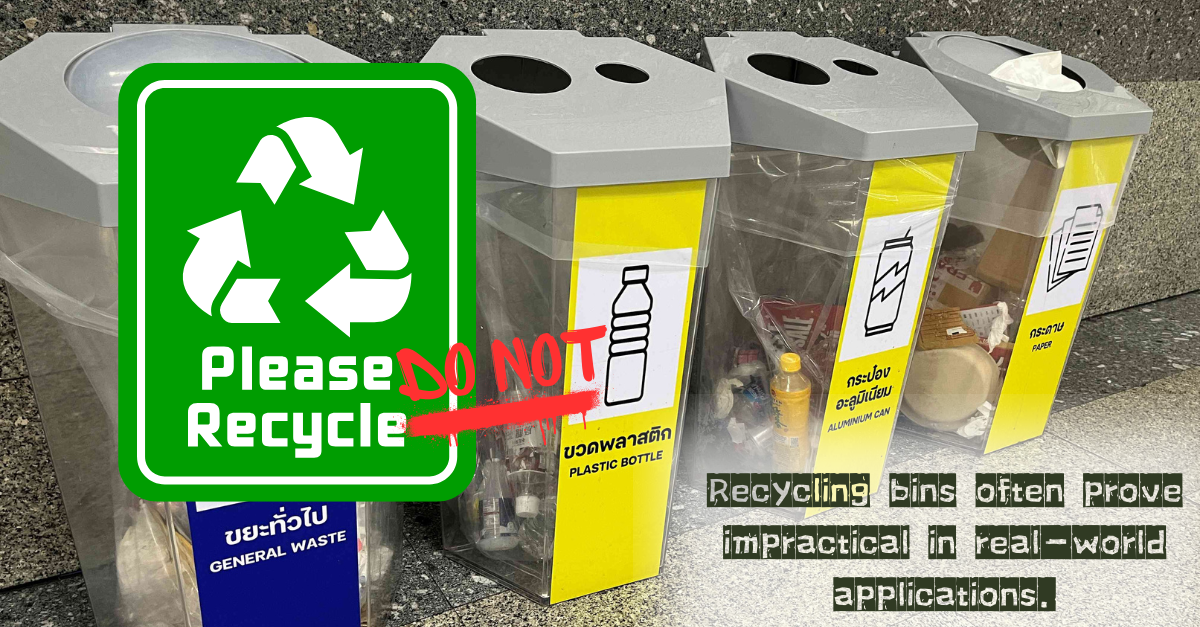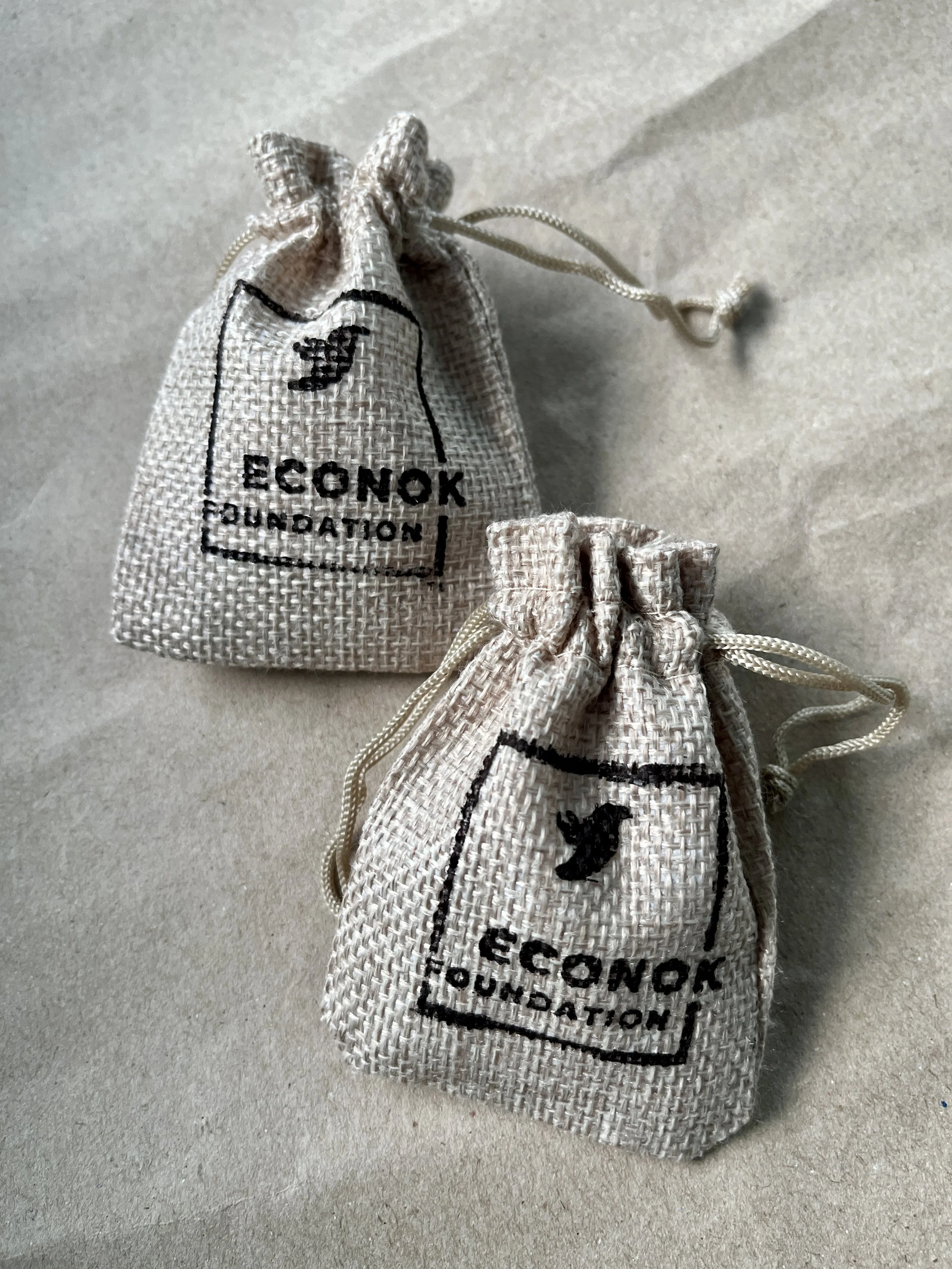Wake Up And Smell The Coffee!
by Taka
Every year, countless books on leadership hit the shelves. Among the elite, there’s a fascination with distinguishing leaders from bosses—a binary discussion often used to showcase and defend their intellectual superiority. To me, this distinction feels like little more than wordplay, as there’s rarely a convincing explanation for the difference between a good boss and a leader. I suspect that once the term "leader" becomes too commonplace, someone will invent a new buzzword, and "leaders" will follow the same path as "boss." Just as "bossy" has taken on a negative connotation, perhaps "leadery" will emerge to describe those who overdo leadership. In truth, most people operate under a leader, which is why the concept of followership deserves greater recognition. Yet, "followership" remains an undervalued and often overlooked term.
The same logic seems to apply to “recycling.” The 3Rs—Reduce, Reuse, Recycle—are frequently cited in conversations about sustainability and environmental responsibility. While many private companies highlight recycling to portray themselves as eco-friendly, much of the recycling industry is far less sustainable than it appears.
In Bangkok, promoting plastic recycling has become a widespread phenomenon. Public spaces often feature three or four bins to encourage consumers to sort their waste. However, only a small number of people follow these instructions, as many are unsure how to categorize their garbage properly.
When even a single person improperly disposes of their waste, the entire recycling system can break down. This often results in additional processing, which not only disrupts efficiency but also creates negative impacts on multiple fronts. Furthermore, recycling plastic is high energy and labor intensive - an often-overlooked reality. In fact, only a small fraction of plastics are truly recyclable, and even then, the quality degrades with each cycle. Ultimately, most plastics end up in landfills or are incinerated, undermining the very purpose of recycling.
This seemingly well-intentioned environmental trend deserves a closer look, as it often proves impractical in real-world application. Instead, we should place greater focus on reducing and reusing—principles that address the root of the problem. Unfortunately, companies are unlikely to champion "reduce and reuse" campaigns, as reducing production directly threatens their bottom line. Therefore, NPOs and foundations like ours will play a crucial role in promoting the importance of adopting reduce-and-reuse practices.
Coffee shops are ubiquitous in Bangkok, with many stylish cafes branding themselves as eco-friendly. However, a significant amount of their coffee grounds often go straight to waste.
Interestingly, coffee grounds have a structure similar to activated charcoal, commonly used in household deodorizers. Their porous nature makes them highly effective at absorbing unpleasant odors. We aim to maximize the potential of coffee grounds through sustainable reuse. Our first initiative involves collecting coffee grounds from cafes and turning them into deodorizers for shoe shelves or kitchen bins.



